Full Building Surveys - Building Pathology
Our team of chartered building surveyors and/or other accredited/qualified specialists focus on delivering full building surveys tailor-made for you and your individual full structural survey requirements. One area we look at is the pathology of the building, learn more below
What is a Building Pathology?
Building pathology is a field of study and practice that focuses on understanding and analyzing the causes, mechanisms, and effects of defects, deterioration, and failures in buildings. It involves the investigation and diagnosis of building issues to determine their underlying causes and develop appropriate remedies.
The primary goal of building pathology is to assess and understand the condition and performance of buildings, identify defects or failures, and propose effective solutions for remediation.


What Can Building Pathology Be Used For?
Building pathology has various applications and can be used for several purposes related to the assessment, maintenance, and improvement of buildings. Below are some common uses of building pathology:
Condition Assessments. Condition assessments are crucial for property owners, buyers, or investors to understand the current state of the building, estimate repair or maintenance costs, and plan for necessary actions.
Defect Diagnosis. Through detailed inspections, testing, and analysis, Building pathologists provide insights into the underlying issues and propose appropriate remedial measures.
Remedial Strategies. Building pathologists work closely with architects, engineers, and contractors to develop effective repair, rehabilitation, or retrofitting solutions.
Maintenance Planning. By conducting regular inspections and assessments, you can prevent small issues from escalating into major problems and extend the lifespan of buildings.
Retrofitting and Renovation. Identify areas where improvements can be made to enhance energy efficiency, occupant comfort, or compliance with updated building codes and regulations.
Forensic Investigations. By gathering evidence, analysing data, and providing expert opinions in legal or insurance-related cases, the cause and origin of building failures, accidents, or structural collapses can be understood.
Research and Development. The knowledge gained through building pathology research helps improve building design, construction practices, and maintenance strategies in future.
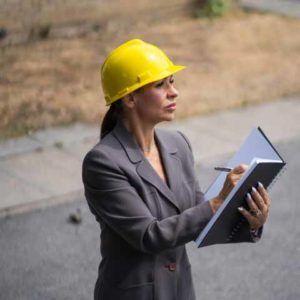
Why Is Building Pathology Important?
Building pathology is important for assessing building conditions, identifying defects, ensuring safety, extending lifespan, improving energy efficiency, supporting sustainability, and informing decision-making. It plays a crucial role in maintaining the integrity and performance of buildings, benefiting owners, occupants, and the wider community.
Here are some key reasons why building pathology is important:
- Assessing the building condition correctly
- Identifying defects and failures
- Ensuring structural integrity and safety
- Extending building lifespan
- Enhancing energy efficiency
- Supporting sustainable development
- Informing decision-making and investment
Why Do Buildings Fail?
There are a number of reasons why a building may fail. The below building pathology building defects list offers an insight into the most common reasons.
- Material Degradation. Material degradation due to factors such as moisture, exposure to harsh weather or poor maintenance can weaken the structural integrity of the building and lead to failures.
- Inadequate Inspections. Failure to conduct regular and thorough inspections can result in undetected issues within the building that go unfixed for long periods of time.
- Poor Construction Quality. Buildings can fail if they were not constructed to appropriate standards or if constructed poorly due to poor workmanship, improper installation of components or the use of substandard materials.
- Foundation Problems. Poor soil conditions, inadequate site preparation, or incorrect foundation design and construction can lead to settlement, subsidence, or shifting of the foundation.
- Water Intrusion and Moisture Damage. If waterproofing measures, such as drainage systems, or roof components are compromised, water can infiltrate the building and cause structural deterioration, rot or mould.
- Structural Deficiencies. Inadequate load-bearing capacity, insufficient reinforcement, weak connections, or design flaws can cause structural deficiencies that may result in collapses or compromised integrity.
- Lack of Maintenance Failure to ensure proper upkeep can mean that minor issues escalate and compromise the overall condition of the building.
- Inadequate Fire Protection. Inadequate fire protection measures, such as fire-resistant materials, smoke alarms, or sprinkler systems, can allow fires to spread rapidly, leading to structural damage or collapse.
- Building Code Violations. Failure to comply with building codes and regulations can undermine the structural integrity and safety of the building. Non-compliant designs, improper installation of systems, or lack of adherence to safety standards can increase the risk of failure.
- Environmental Factors. Buildings in areas prone to natural disasters, such as earthquakes, hurricanes, or floods, must consider appropriate design and construction techniques to ensure structural resilience.
Our building surveyors use building pathology during our building surveys.
Contact us today to book your full building survey and ensure your property remains in excellent condition!
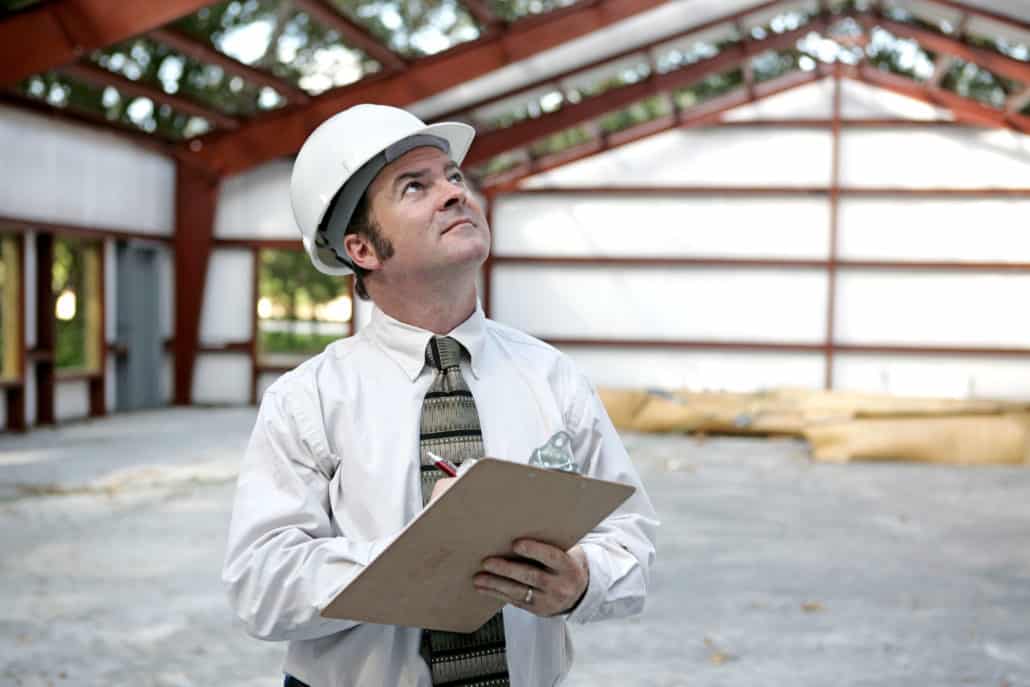

How much does a Prince Surveyors building survey cost?
The total cost for the building survey depends on the property in question. Contact our building survey experts to get a FREE no-obligation full structural survey quote.
Why Choose The Building Survey Service?
When using our building pathology services, there are a number of things you can expect, including:
- Widely Recognised
- Extensive internal training and skill sharing
- High Levels of Professionalism
- Reliable & Communicative
- Extremely Knowledgeable
- Members of Several Awarding Bodies
- Happy Clients & Positive Reviews
- Located Near You

Professional Standards
Our panel of experts are regulated by the following regulatory bodies including but not limited to: the Royal Institution of Chartered Surveyors (RICS), The Property Ombudsman (TPO), Society of Operations Engineers (SOE), Chartered Association of Building Engineers (CABE), Faculty of Party Wall Surveyors (FPWS), the International Real Estate Federation (FIABCI) and the Chartered Institute of Building (CIOB).

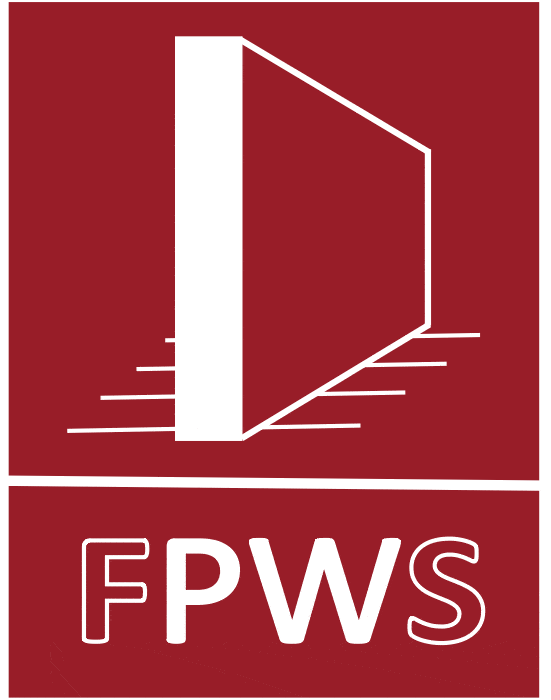

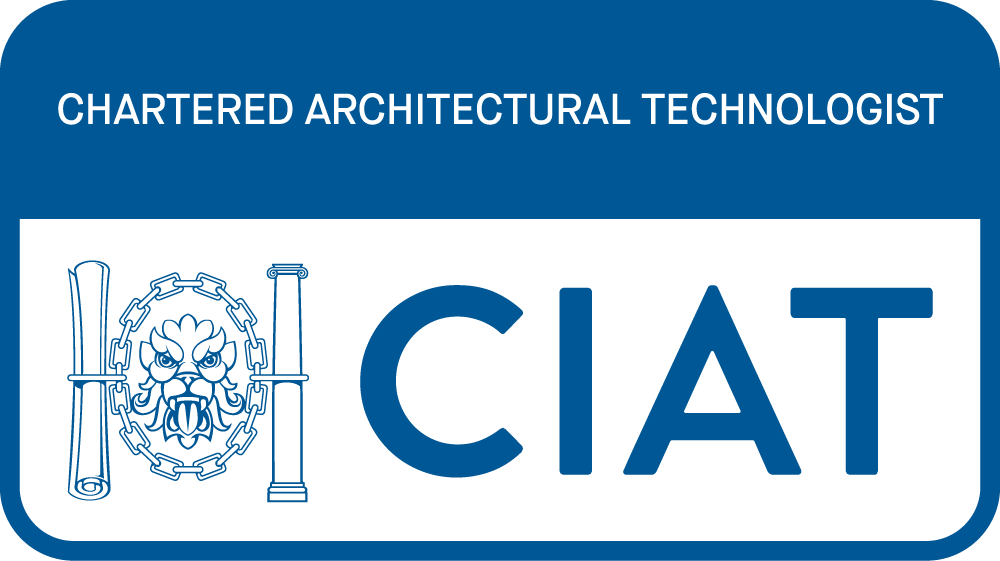


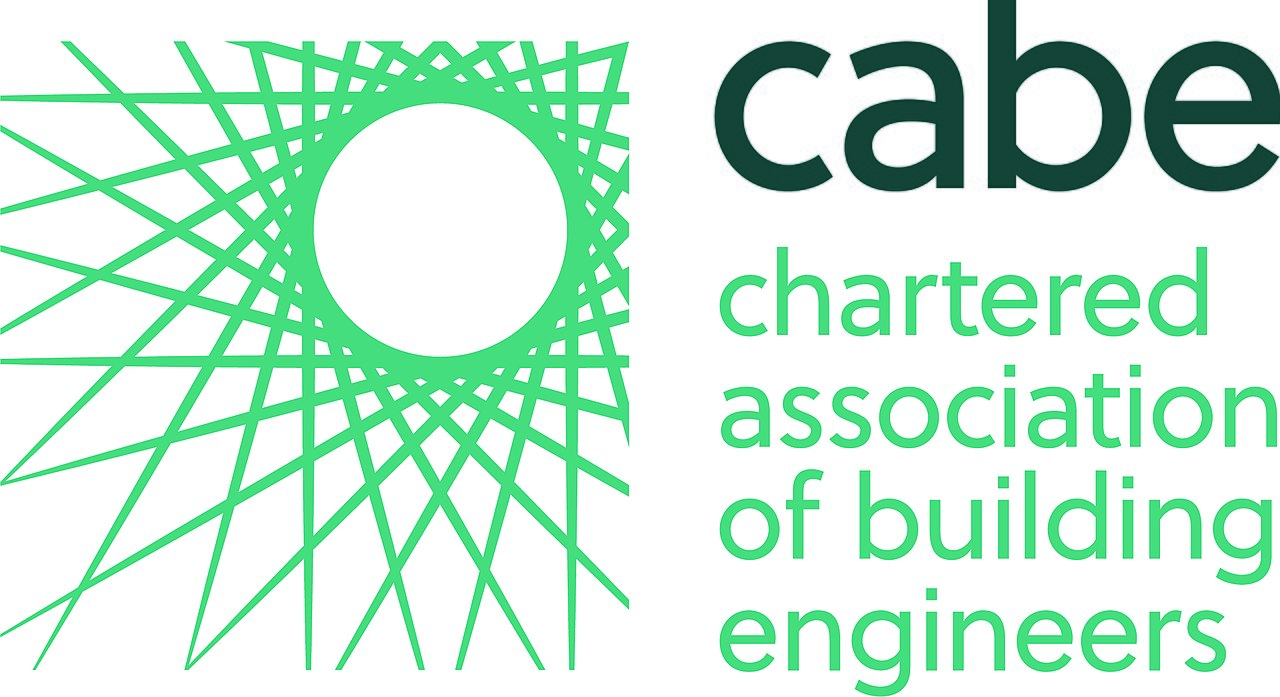
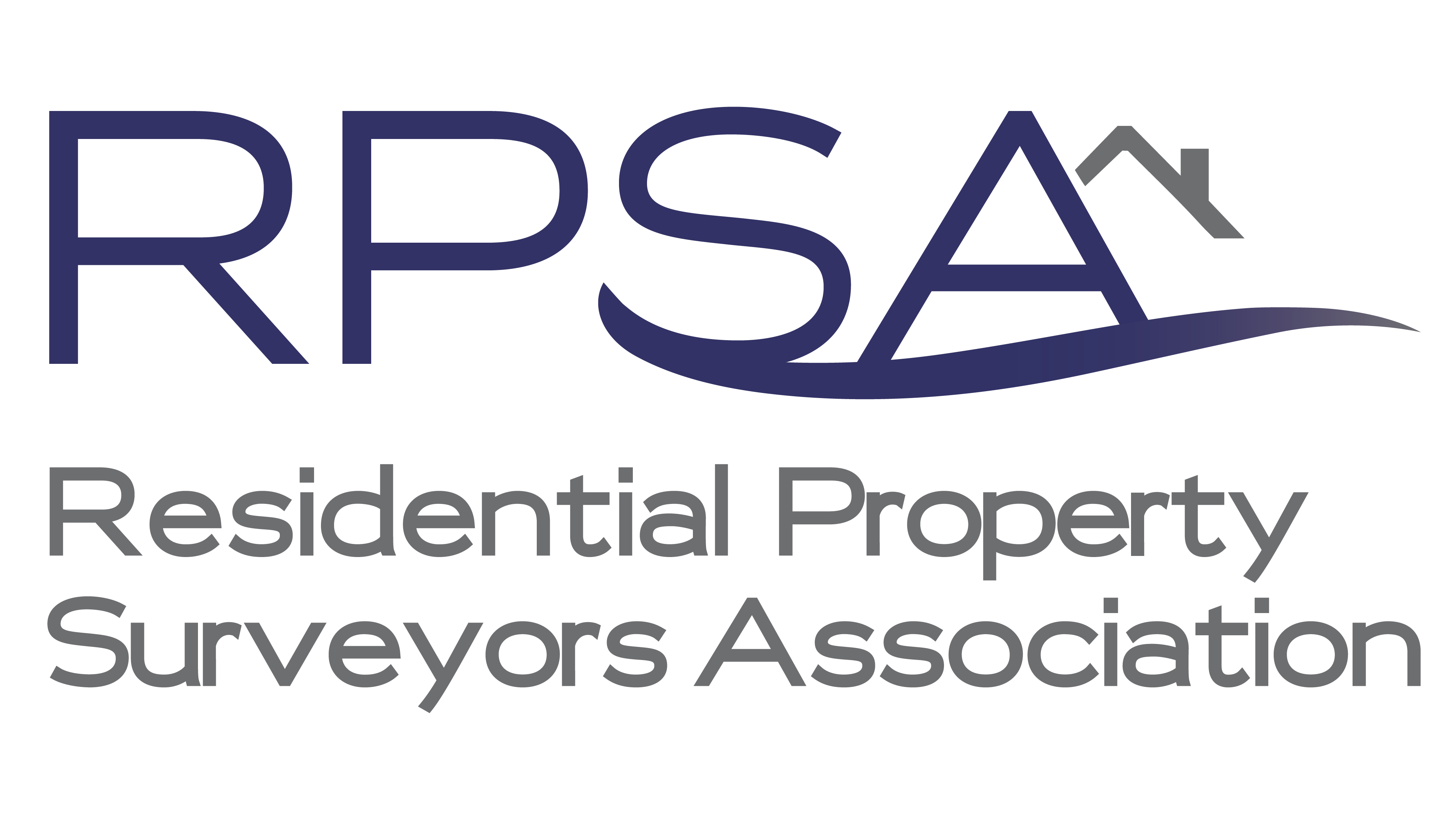
Get in Touch
If you are interested in the residential or commercial building pathology services, speak to one of the Chartered Building Surveyors and/or an accredited/qualified specialist in relation to a building survey quote. Or, if you have general queries about the survey services, please reach out to us anyway.
